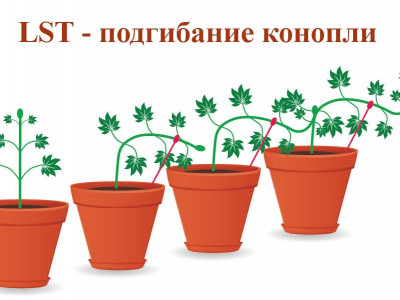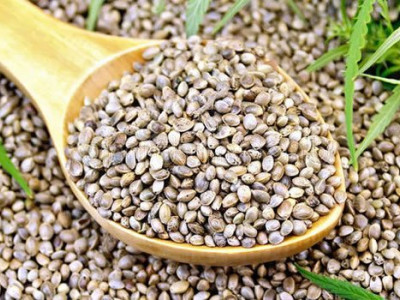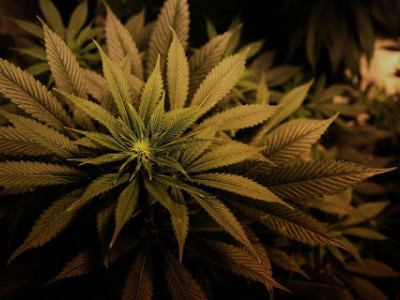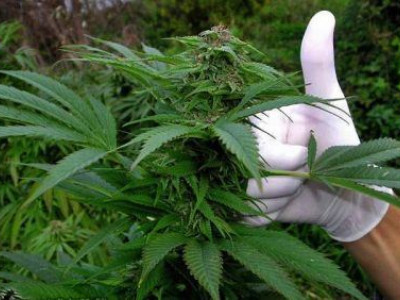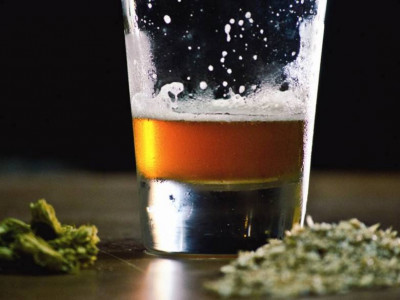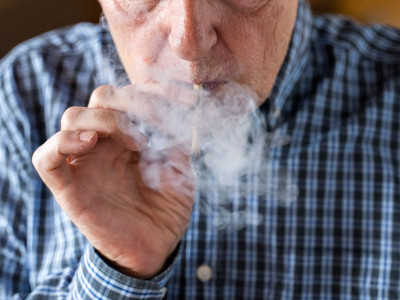0.00 грн.
CheckoutIs marijuana addictive?
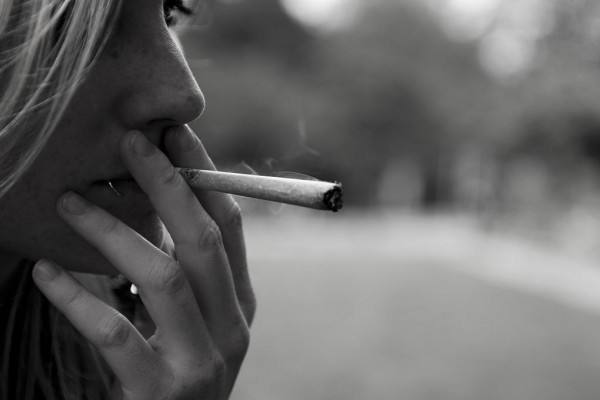
The usual question is, "Is marijuana addictive?" worries those who are not yet familiar with cannabis. Even in countries where marijuana is legal for medicinal purposes, this problem often occurs in those who are prescribed drugs with CBD or suggested using medical strains to combat the effects of chemotherapy and other serious diseases. Coffeeshop® offers to dot all the "i" in this difficult issue.
What is addiction
Some drugs, such as heroin, cocaine and synthetic drugs (methamphetamine, desomorphine, ecstasy), are highly addictive after the second and sometimes even the first use. They belong to the group of severe and cause irreversible damage in the body and psyche. Smaller but still significant changes are caused by more trivial things, such as gambling, pornography, alcoholism, sugar, cigarettes, and caffeine. If a person who is accustomed to spending time at slot machines is abruptly deprived of access to them, then he will feel not only psychological, but also physical breakdown. A similar process occurs when quitting smoking, sweets, morning espresso and, of course, daily “beer” after a hard day's work.
Despite the fact that most countries adhere to the UN decision taken back in 1961 to make cannabis a hard drug, neither withdrawal nor death caused by the occasional use of marijuana has yet to be documented.
What Science Says About Marijuana Addiction
First, you need to understand that it is simply impossible to fully investigate the issue until the ban on its use is lifted. This is a vicious circle that society has closed on itself: in order to prove the safety of using marijuana, you need to legalize it, and in order to legalize it, you need to prove the safety of its use. However, some institutes in Israel, Canada and parts of the US states are still experimenting.
A relatively recent study conducted at the University of Cambridge (read about it in Leslie L. Iverson's book The Science of Marijuana) established whether addiction can develop with chronic cannabis use. It turned out that in about 10% of cases, a person showed signs similar to psychological dependence, however, his physiological parameters remained normal. The body did not experience significant stress, there was no nausea, no dizziness, or any other physical symptoms that accompany the withdrawal of legal cigarettes, caffeine and sweet rolls.
The findings of this study are not enough to acquit marijuana, but the ice has definitely broken.
Is it possible to become addicted to cannabis
Why did only some subjects show suspicious signs of addiction? Because in the question "Is cannabis addictive?" many factors play a role:
- Frequency of use. If you do not get out of the state of introspection for days, then the probability of the appearance of unforeseen symptoms is purely hypothetically increased. But the sound hippies did not participate in the experiment for reasons of legality and morality.
- Age up to 16 years. At this time, the brain is actively formed and the use of substances that inhibit its work can lead to unpleasant consequences. However, as you understand, no one conducted experiments on children either.
- Lifestyle. People living in stress or in conditions of constant survival are automatically at risk. You should also study how cannabis interacts with other substances, such as potent antibiotics.
Scientists suggest that the possible psychological and physical addiction to cannabis is also influenced by the variety of marijuana and even the ethnicity of the subjects.
Where in the world can you legally buy cannabis
Canada became the first G7 country to legalize recreational marijuana use. This law came into force in 2017 (before that, in 2001, cannabis was allowed here as a remedy). Since then, the national Canadian treasury has been replenished with hundreds of thousands of dollars, quite legally and systematically.
Some states in the United States, Israel, and parts of Europe allow the use of cannabis for medical purposes. There are many so-called “free zones” in these countries, where you can buy wholesale hemp seeds, get Rastaman paraphernalia, smoking accessories and acquire quality marijuana on completely legal terms.
Why are the governments of these countries so calm about marijuana smoking? It's simple:
1. Smokers bring huge sums to the treasury. In countries where smoking has not yet become legal, rastamans acquire weed, bypassing governments.
This means that they do not pay value added tax (or its equivalent). Sellers also do not pay anything from income. Although, they could do business in the same way as manufacturers of cigarettes or alcoholic beverages do - with the appropriate licenses and restrictions on the age and health of the consumer.2. Marijuana does not cause harm to the human body: it does not cause withdrawal symptoms, it does not lead to overdose and death. What can not be said about the same alcohol and even sugar.
Coffeeshop® does not encourage the use of illegal substances, but stands for freedom of speech and the disclosure of truthful information to those who are not indifferent to the fate of medical and recreational cannabis.
